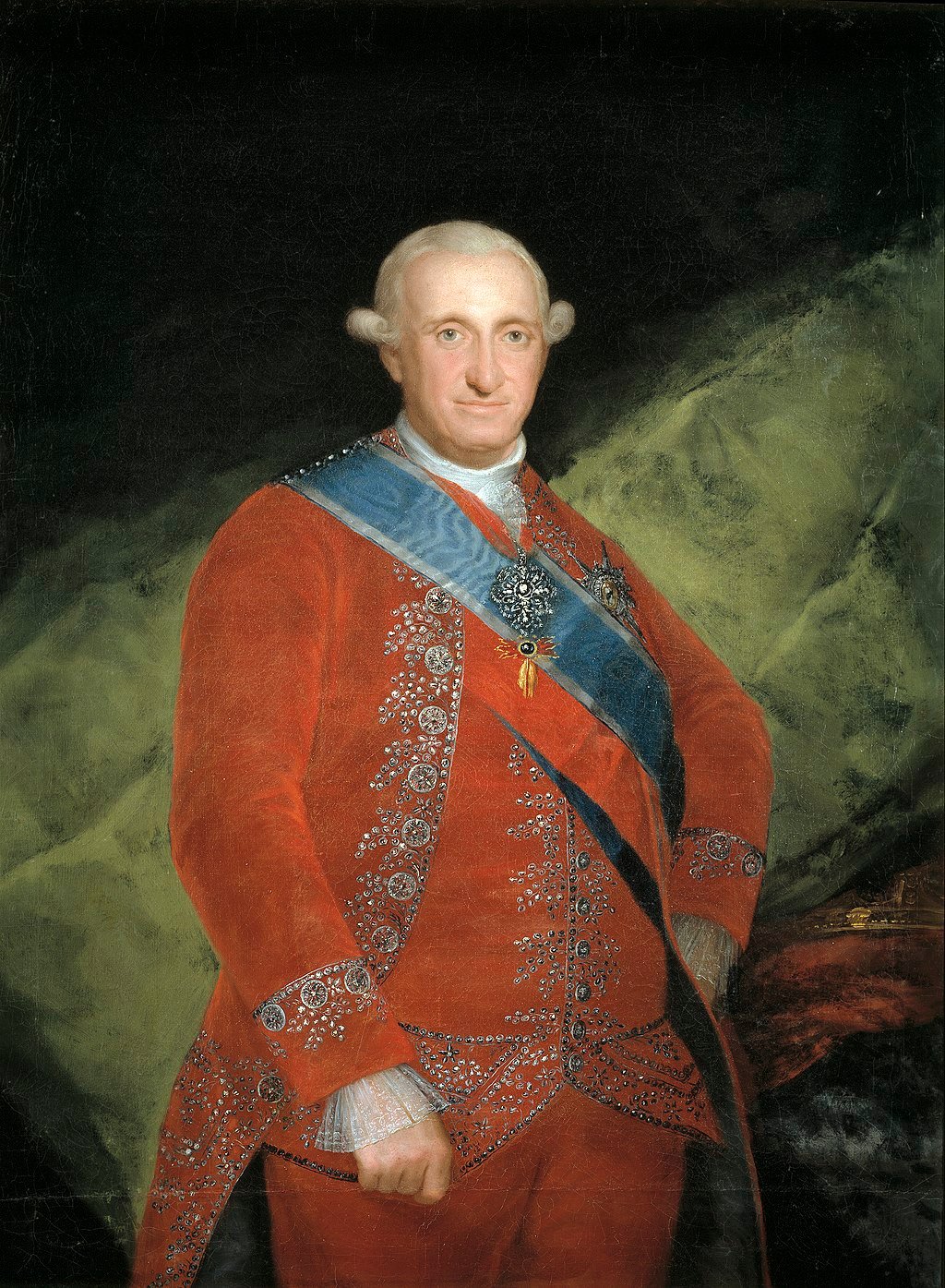1808: Charles IV of Spain Abdicates
In the year 1808, a significant event unfolded in the history of Spain. Charles IV, the King of Spain, made the decision to abdicate the throne on March 19th. This momentous event was a result of the unrest and popular revolt that had erupted at the Aranjuez Winter Palace.
Charles IV’s abdication marked a turning point in Spanish history, as it reflected the growing discontent and political instability of the era. This period was characterized by turmoil not only in Spain but across Europe, influenced by the Napoleonic Wars and the struggle for power within the Spanish monarchy itself.
The Reign of Charles IV
Charles IV ascended the throne of Spain in 1788, following the death of his father, Charles III. His reign was marked by a series of challenges and conflicts, both internal and external.
Internally, Spain faced economic difficulties, social unrest, and political intrigue. The country was grappling with the effects of the Enlightenment and the ideas of the French Revolution, which had sparked a desire for change among the Spanish population.
Externally, Spain found itself entangled in the web of the Napoleonic Wars. The French Revolution had led to the rise of Napoleon Bonaparte, who sought to expand his empire across Europe. Spain, as a neighboring country, became embroiled in the power struggles and conflicts of the time.
The Aranjuez Revolt
The events leading up to Charles IV’s abdication began at the Aranjuez Winter Palace. The palace was a symbol of the monarchy’s opulence and extravagance, which contrasted sharply with the hardships faced by the Spanish people.
Rumors of corruption and favoritism within the royal court had been circulating for some time, fueling discontent among the population. The situation reached a boiling point when Charles IV’s minister, Manuel Godoy, who was widely disliked and seen as corrupt, was accused of treason.
The accusations against Godoy sparked riots and protests in Aranjuez, with the people demanding his removal from power. The unrest quickly spread to other parts of Spain, as the population expressed their frustration with the monarchy and their desire for change.
The Abdication of Charles IV
Faced with mounting pressure and a loss of support, Charles IV made the decision to abdicate the throne in favor of his son, Ferdinand VII. On March 19th, 1808, he signed the act of abdication, effectively ending his reign as King of Spain.
However, the abdication did not bring an end to the turmoil in Spain. Ferdinand VII’s reign was marked by further political instability and power struggles. The country was soon occupied by French forces, and Ferdinand himself was eventually forced to abdicate in favor of Napoleon’s brother, Joseph Bonaparte.
The events of 1808 and the abdication of Charles IV had far-reaching consequences for Spain. It was a pivotal moment in the country’s history, highlighting the deep-rooted issues within the Spanish monarchy and society as a whole.
Conclusion
The abdication of Charles IV in 1808 marked a significant turning point in Spanish history. It was a reflection of the growing discontent and political instability of the era, influenced by the Napoleonic Wars and the struggle for power within Spain itself.
This event serves as a reminder of the complexities and challenges faced by nations during times of turmoil and transition. It is a testament to the power of popular revolt and the desire for change among the people.
To learn more about this historic event, you can refer to the following external references:
These sources provide further insight into the historical context and significance of Charles IV’s abdication in 1808.

